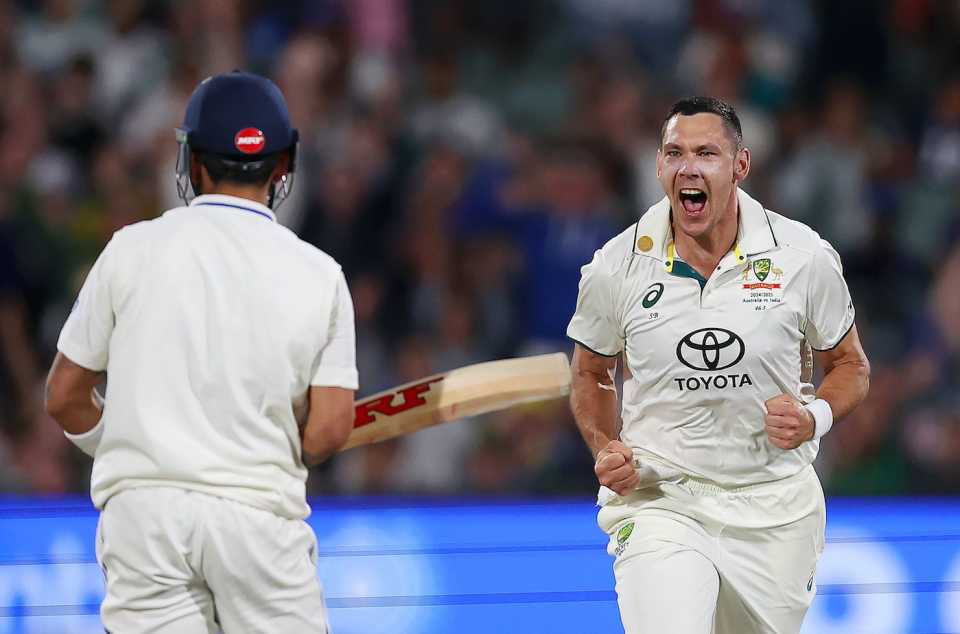Democracy and the Role of Numbers in Governance
A fundamental characteristic of democracy is its representative nature, ensuring that all sections of society have a voice. While this inclusivity is reassuring, it also presents challenges in safeguarding minority groups. In many cases, minority opinions are either overlooked or overshadowed by the majority. In the Indian context, two key issues highlight these challenges: 1. The Three-Language Formula and the NEP The implementation of the three-language formula through the National Education Policy (NEP) has sparked concerns, particularly in Tamil Nadu. The state has long opposed the imposition of Hindi as a national language, fearing it could disadvantage Tamil speakers in securing central government jobs. If Hindi becomes a mandatory requirement, those whose mother tongue is Hindi may have an unfair advantage over those who learn it as a second or third language. Additionally, the promotion of Hindi could diminish the influence of regional languages. This concern is further amplifi...

